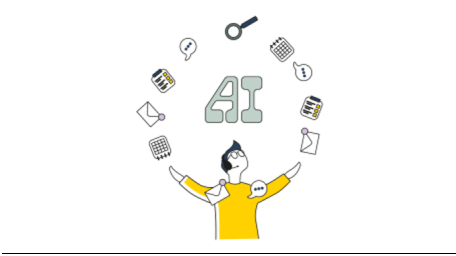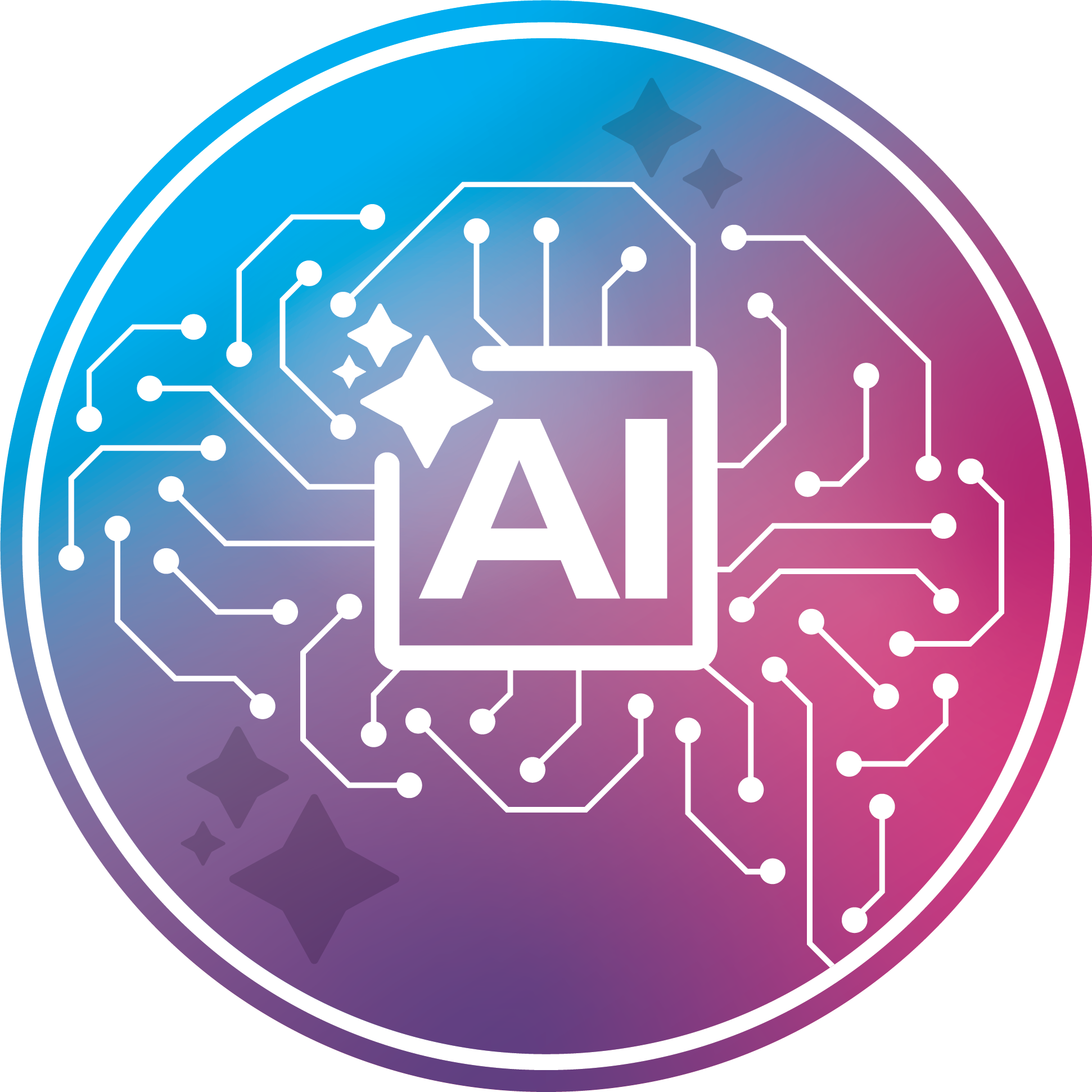The AI Hype Train—Only 26% of Office Workers Use AI Daily, per Jabra Report
Workers are equally not using AI in their personal lives, with only 26% reporting regular use.

A daily selection of features, industry news, and analysis for AV/IT professionals. Sign up below.
You are now subscribed
Your newsletter sign-up was successful
We at SCN have not been shy about AI's invasion of the Pro AV world. While many new technologies are now equipped with AI-enhanced features like speaker tracking, office workers may not be equipped with the know-how to use it correctly. A new Jabra study entitled Great ExpectAItions – Work in the Age of AI, reveals that while many business decision-makers (84%) express high levels of trust in AI, very few office workers (26%) are using it in their daily roles due to a variety of perceived challenges. This disconnect suggests that even though leadership is optimistic about AI’s potential, they may yet lack the necessary vision or skills to effectively implement it across the workforce.

The study, conducted among 1,800 AI decision makers surveyed across 6 countries and 4,200 employees from 14 countries, highlights that despite strong enthusiasm for AI, there is a clear disconnect between trust in the technology and its actual use in the workplace. While 85% of decision-makers express high interest in AI, the vast majority (82%) acknowledge they need to better understand how AI can improve workplace efficiency.
Additionally, although 54% of employees believe AI can improve their work and 54% feel confident in their ability to collaborate successfully with AI, there’s still a significant gap in actual adoption in regular use at work. Jabra’s data found this appears due to several perceived challenges and demographic considerations:
- 90% of employees wouldn't trust AI for tasks that require creativity and innovation. This reluctance isn’t just about trust, it’s also about the satisfaction that comes from being personally involved in these more meaningful tasks.
- There’s a clear generational divide in AI adoption, with 47% of Millennials and 37% of Gen Z indicating they feel positive about AI versus only 15% of Boomers. Adoption wise, 28% of Millennials and Gen Z use AI day to day at work, versus just 15% of Boomers.
- AI decision-makers are relatively young—58% are between the ages of 18 and 39—and 71% are not from the IT department.
"We see many organizations eager to jump on the AI wave, but some are still dancing in the dark when it comes to effective implementation and meaningful use," Paul Sephton, head of brand communications at Jabra, said. "As tools rapidly shift toward voice-driven input rather than text alone, it’s crucial for organizations to recognize how this evolution will change our interactions with AI and enhance productivity.”
[STUDY: Startling Numbers on Hybrid Suggest More Work to Be Done]
“To avoid what we call ‘AI-washing’—simply jumping on the AI bandwagon—organizations must carefully evaluate the productivity gains that AI can offer and actively involve their employees in this journey. At Jabra, we believe in harnessing the power of AI not just to enhance productivity, but to foster a more connected and capable workforce, driving innovation and collaboration at every level."
A daily selection of features, industry news, and analysis for AV/IT professionals. Sign up below.
The AVNetwork staff are storytellers focused on the professional audiovisual and technology industry. Their mission is to keep readers up-to-date on the latest AV/IT industry and product news, emerging trends, and inspiring installations.
